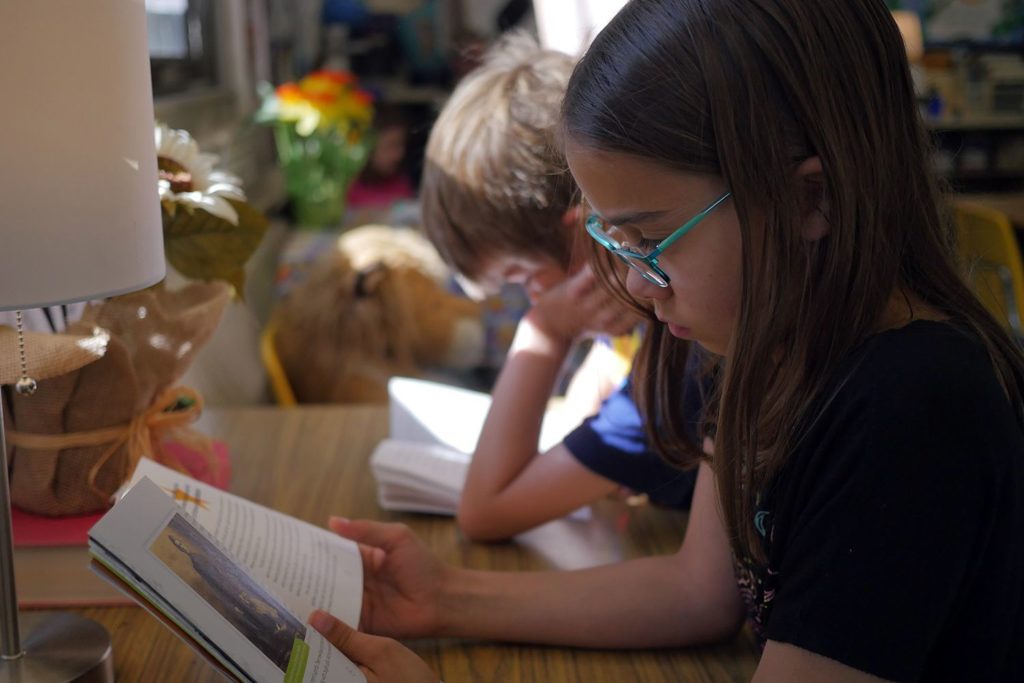Literacy researchers have identified essential practices that serve as a “minimum standard of care” when it comes to fostering literate students and literate citizens. Building off this research, Michigan Virtual has partnered with GELN’s Early Literacy Task Force to put an end to our state’s literacy crisis.
To learn more, explore these free online courses and guides that overview basic instructional practices to boost student literacy.
The Early Literacy Task Force has created a variety of free, grade-specific guides on essential instructional practices in early literacy:
We also offer a series of FREE online courses on these essential practices. We have completed several modules for Instructional Practices in Early Literacy for pre-Kindergarten, Grades K to 3, and School- and Center-wide practices.
Each completed module provides Michigan educators with 3-6 SCECHs. Enroll today, free of charge!

From the 2015 M-STEP data, it became clear that only about 50 percent of our state’s third graders are proficient readers. Students who fall below literacy standards in third grade are likely to struggle with learning for the rest of their educational careers and, likely, for the rest of their lives. That’s why our state’s educational leaders have taken major leaps toward addressing early literacy.
Among U.S. States, Michigan ranks. . .